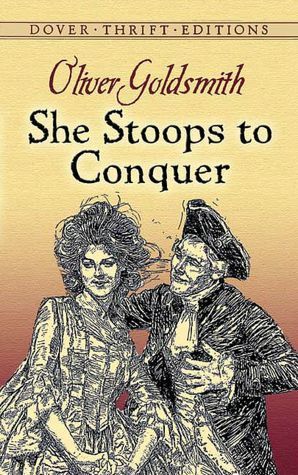PROLOGUE
byPrologue introduces a world where laughter is fading, and with it, the spirit of traditional comic theatre. Mr. Woodward appears not as a performer filled with jest but as a figure clad in mourning, embodying the decline of the comedic tradition he once served with pride. His sorrow isn’t a performance—it’s genuine, grounded in the observation that the audiences once thrilled by farce and folly now demand polished sentiment. He speaks not only for himself but for a generation of actors who find themselves displaced in a theater landscape that favors morality tales over mirth. This transformation isn’t merely artistic—it strikes at the heart of their professional identity. As comedy loses its place on stage, the livelihoods and joy of comic performers begin to vanish with it. Woodward mourns not a character, but the Comic Muse herself—portrayed as if she’s dying before his eyes, and the stage, once vibrant with laughter, now echoes with solemnity.
His direct address to the audience deepens this tension, implicating them as both the cause and the cure. Comedy, once a shared celebration, is now replaced by dramas full of tears and virtue, where laughter is feared and joy is considered shallow. In this reflection, the prologue lays bare the shifting tastes of the crowd—moving from spontaneous humor to carefully packaged emotion. Woodward mocks his own attempt to mimic this new sentimental tone, offering a performance laced with moral gravitas that sits awkwardly on his comic shoulders. His effort is deliberately poor, drawing laughs not from content but from contrast, revealing the absurdity of asking a comic soul to deliver lessons rather than laughter. The moment is both self-deprecating and critical. The actor’s confusion mirrors that of the theatre itself—caught between entertaining and preaching. The struggle to adapt is evident, but the heart of comedy beats faintly beneath the forced solemnity.
Yet amid this melancholy, a hopeful metaphor emerges—a Doctor bearing a cure. The “Doctor” represents the playwright, perhaps even Goldsmith himself, stepping in not to eulogize comedy but to revive it. His treatment consists of “Five Draughts,” an allusion to the five acts of the play about to unfold. These are not bitter medicines, but a tonic mixed with humor, charm, and wit—ingredients that promise to restore vitality to a stage grown too somber. The invitation to the audience is clear: accept the remedy, embrace laughter again, and play an active role in comedy’s return. Without their support, the muse remains weak, but with it, she may rise anew. The responsibility isn’t laid solely at the feet of playwrights or actors; it is shared by those who sit and watch. Theatre lives through interaction, through the pulse of a crowd willing to laugh, to be surprised, and to find joy in imperfection.
In drawing this connection, the prologue becomes more than an introduction—it becomes a call to arms. Comedy is not declared obsolete—it is simply out of favor, waiting for the courage of audience and artist alike to bring it back. The humor in the prologue itself acts as a proof of concept, showing that beneath all the mourning lies a vibrant potential for renewal. Mr. Woodward’s exaggerated grief, his failure at sentiment, and his earnest plea for laughter offer a preview of the very play he introduces: bold, self-aware, and unafraid to expose its own structure. It’s a wink behind the curtain, a reminder that the audience is not being preached to, but included in the act. This gesture transforms spectators from passive observers into participants in a comic ritual. Their willingness to laugh becomes a lifeline for the very form they came to witness.
The final moments of the prologue leave the audience with a decision. They can continue down the path of melancholy moral tales, or they can lean into the unfamiliar pleasure of unfiltered humor. The stakes may seem small—just one evening’s entertainment—but the deeper implication is that culture itself responds to what people choose to embrace. Woodward’s performance, and the words he delivers, act as both farewell and invitation. Farewell to a comedy starved by sentimentality, and an invitation to rediscover joy where it had been dismissed as trivial. “She Stoops to Conquer” does not promise revolution through philosophy—it offers relief through laughter. And that, the prologue argues, may be the most healing act of all.

